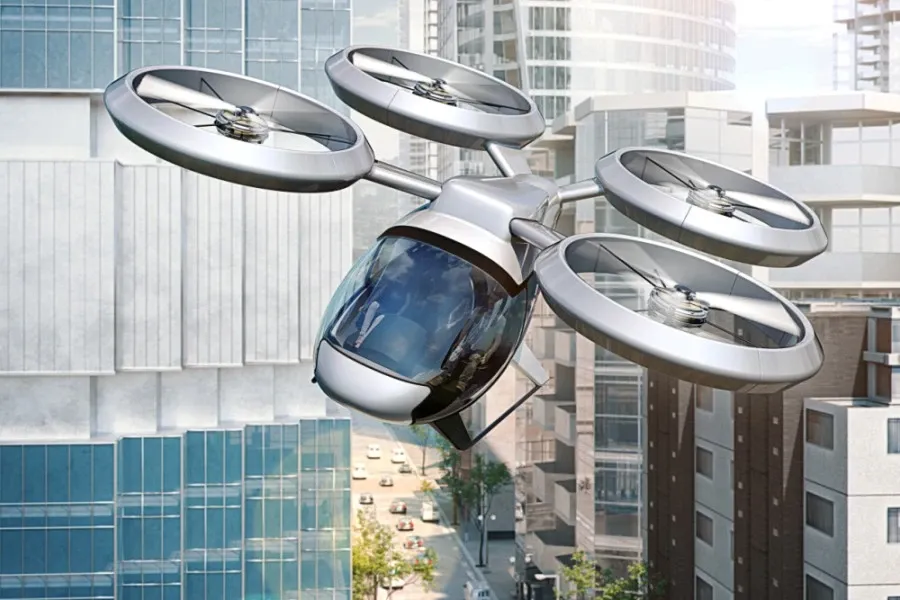Qualcomm Announces Snapdragon 8 Gen 5 Platform
Qualcomm added its latest smartphone platform to its premium-tier Snapdragon range.

Mobility options in cities are becoming more and more diverse. That diversity requires powerful sensors and control systems that save as much energy as possible. This is precisely where the publicly funded OCEAN12 project comes in.
The project is a pan-European collaboration of 27 partners from the fields of semiconductor technology, electronics, aerospace technology, and automotive technology. Bosch heads up the German consortium, which consists of 14 organizations. The project partners will be working together up until the end of 2021 to develop various especially energy-efficient components that can collect and process data from the surroundings of vehicles and aircraft.
Development in the OCEAN12 is based primarily on Fully Depleted Silicon On Insulator (FD-SOI) technology from the partner GlobalFoundries. This method of semiconductor production involves adding an ultrathin layer of insulator to reduce what are called leakage currents, resulting in lower energy consumption and higher computing speed. Based on this technology, the research alliance partners can subsequently develop components that offer an optimum combination of maximum energy efficiency with advanced computing power.
“The OCEAN12 project’s objective is to ensure that new sensor systems for future mobility concepts consume up to 90 percent less power than today’s systems,“ says Tilman Glökler from Bosch, coordinator of the German consortium. In addition, the new technology makes it possible to build particularly small sensor systems, as sensors containing high-performance evaluation circuits can be integrated as a system on a chip (SoC). “Energy-saving sensor systems are indispensable for automated driving and flying. As we apply our expertise in microelectronics to the OCEAN12 project, we are gradually moving closer to this goal,“ Glökler says.
Funding for the OCEAN12 project, worth 103.58 million euros, comes from the European Union and national organizations. In Germany, the Federal Ministry of Education and Research and the state of Saxony provide financial support. Together, all the sponsors will contribute some 48 million euros over the course of the project from mid-2018 to the end of 2021. The German consortium includes Airbus, Audi, Bosch, and GlobalFoundries as well as numerous SMEs, research institutes, and universities.